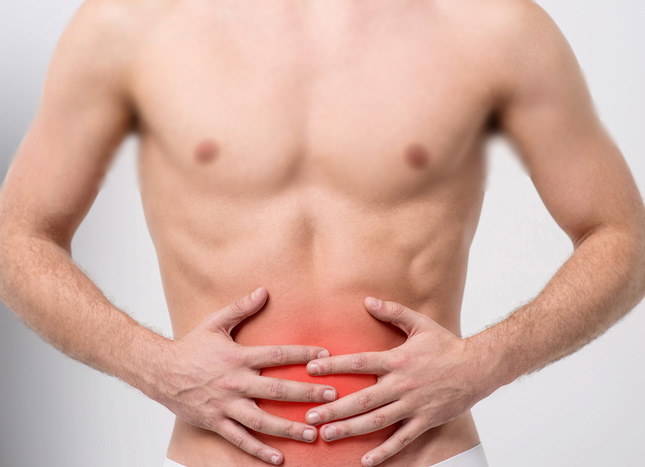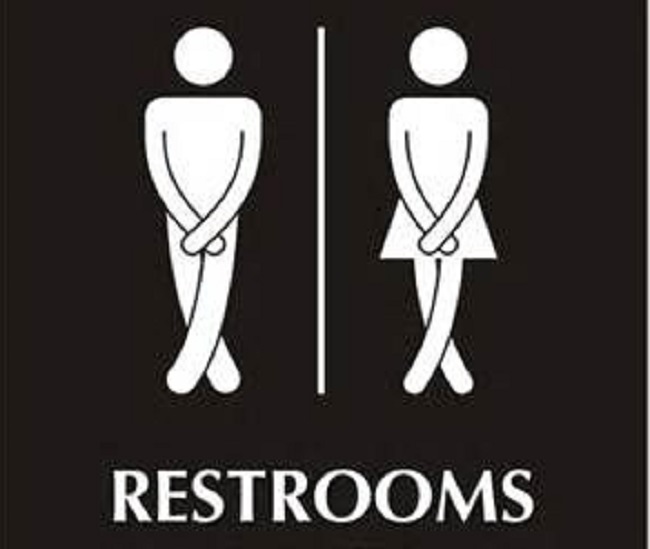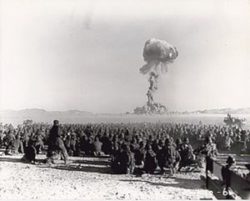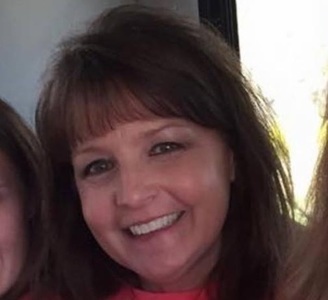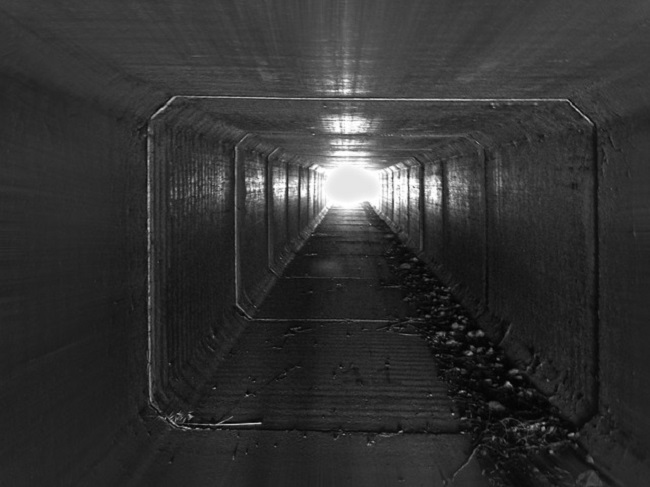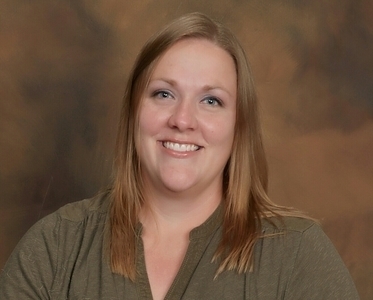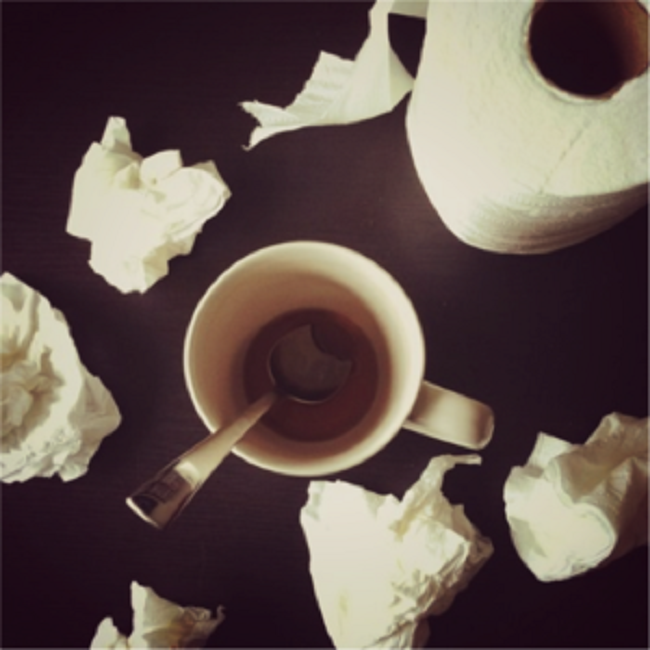This silent disease can not only take over someone’s body, but can also crumble their world. Interstitial cystitis (IC) is mainly a women’s disease, but there are some men who do get this as well. I am one of them, and this is my story.
Let me tell you who I am. I am a military vet of 8 years in service, and I have also served my home county, the Winston County, Alabama Sheriff’s office, and the property appraisal office. I played many sports in high school and went to 2 years of college. So I have always been busy and active. When I was in the Army I was diagnosed with depression, bipolar disorder, anxiety, personality disorder, and also PTSD. I had already had too many issues to work on before even getting IC.
I was diagnosed with interstitial cystitis in November of 2015. At that time, I had no idea what I was in for. When I first started getting bladder pain, the doctors thought I was getting urinary tract infections, so I was given several rounds of antibiotics. Those did not work and I continued to have pain. I finally had a cystoscopy, and four tumors were found in addition to the interstitial cystitis. I had surgery for the tumors, which ended up being non-cancerous. After the surgery I was just given Tamsulosin (Flo-max) and Tramadol for pain and sent on my way. I also started the IC diet.
At a follow up three months later, when I told the doctors that I was still in pain and still going to the bathroom all the time, they said that was normal for IC , and told me to stick to the diet. It seems like some doctors don’t have a lot of knowledge about this disease. Since then I still hurt and I have even gotten worse. Cutting grass used to be my favorite thing to do, while listening to music and unwinding. Now I can’t even do that. Even walking is a chore–it starts off as a small pain, and then it escalates into a pain that just shuts me down. Barbecuing is another former pleasure that has vanished from my life. For one thing, BBQ sauce is a big no-no on the IC diet. But also standing up for a long period of time causes a sharp pain and a burning sensation that feels like my whole gut is on fire.
My love life is now also gone because the pain of arousal and actual intercourse is so painful it makes my eyes tear up. I have three boys ages 2, 3 and 10 years old, who love to wrestle and run. Now I can’t play with them—I can only watch from the sidelines. I get very little to no sleep because of the pain and the frequency of getting up all night to go to the bathroom. This disease has zapped me of all my dignity. My self-respect and self-esteem have suffered greatly. Not only is there a huge physical toll, but it has a major toll on you mentally as well.
This disease can affect anyone—it doesn’t matter what gender or race you are, or how young or old you are. It has a huge impact on a person’s world, and on their family and friends. For example, when we travel I always have to know where all the bathroom stops are en route, and we sometimes have to cancel family get-togethers. When I informed my family about what I had, they didn’t know what it was, and they didn’t understand it. They responded with comments like “oh, just walk it off,” or “you will be okay, just keep working at it.” It’s hard to face your family and friends, and pretend that you are okay, when you are not. I was in despair beyond belief, but then I found a support group on Facebook to help me along, and I am very thankful for that.
The only way we can beat this is to accept our situation, support one another, and pick each other up. We also need to communicate how we feel (especially men, who are more prone to hold everything inside) and help others understand what we are going through. All we can do is put one foot in front of the other, and walk hand in hand with each other. I hope that we will one day find a cure for interstitial cystitis.
We Need Your Help
More people than ever are reading Hormones Matter, a testament to the need for independent voices in health and medicine. We are not funded and accept limited advertising. Unlike many health sites, we don’t force you to purchase a subscription. We believe health information should be open to all. If you read Hormones Matter, like it, please help support it. Contribute now.
Yes, I would like to support Hormones Matter.
This article was published originally on Hormones Matter on April 11, 2016.
